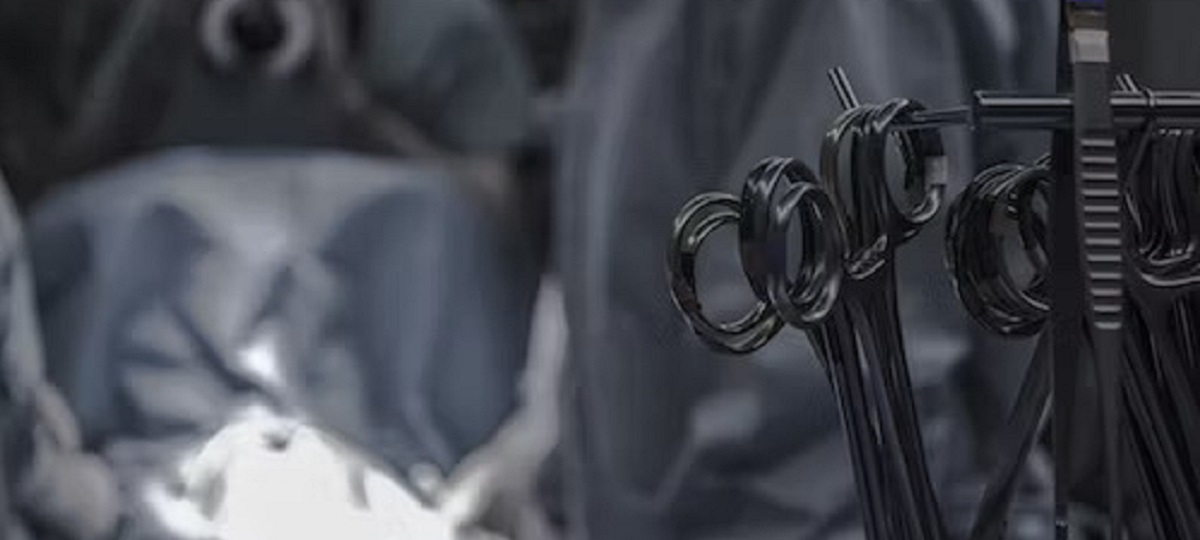Crohn’s disease is a chronic inflammatory bowel disorder that affects millions of people worldwide. While medical management plays a crucial role in controlling symptoms and maintaining remission, there are cases where surgical intervention becomes necessary. In this article, we will explore the intricacies of Crohn’s disease surgery, including when it may be required, the types of surgeries performed, and the postoperative considerations.
When is Surgery Necessary?
Surgery for Crohn’s disease is typically considered when conservative treatments, such as medications and lifestyle modifications, fail to provide adequate relief or when complications arise. Common indications for surgery include:
- Stricture Formation: Over time, chronic inflammation can lead to the development of strictures, or narrowed sections of the intestines. These strictures can cause bowel obstruction, leading to severe pain, bloating, and vomiting.
- Fistulas: Crohn’s disease can result in the formation of abnormal connections between different parts of the digestive tract or between the digestive tract and other organs. These connections, known as fistulas, can be painful and increase the risk of infection.
- Abscesses: Pockets of pus, called abscesses, can form within the abdominal cavity. These abscesses often require drainage and can be a sign of an advanced disease that may necessitate surgical intervention.
- Perforation: In rare cases, Crohn’s disease can lead to perforation of the intestinal wall, causing leakage of bowel contents into the abdominal cavity. This is a medical emergency requiring immediate surgery.
- Failure of Medical Therapy: If medications fail to control symptoms or if there are significant side effects from prolonged use, surgery may be considered as an alternative.
Types of Crohn’s Disease Surgery
Several surgical procedures are employed to manage Crohn’s disease, and the choice of surgery depends on the specific complications and the extent of the disease. Some common types of Crohn’s disease surgery include:
- Strictureplasty: This procedure involves widening a narrowed portion of the intestine without removing any part of it. Strictureplasty is often preferred when multiple strictures are present or when removing the affected segment would leave the patient with a shortened bowel, risking nutritional deficiencies.
- Bowel Resection: In cases where a segment of the intestine is severely damaged, the affected portion may be removed, and the healthy ends are reconnected. This procedure aims to alleviate symptoms and prevent complications.
- Fistula Repair: Surgical intervention may be necessary to repair or redirect fistulas that have formed as a result of Crohn’s disease. In some cases, temporary diverting stomas may be created to allow healing.
- Abscess Drainage: If abscesses are present, the surgeon may need to drain them surgically to alleviate symptoms and reduce the risk of infection spreading.
- Colectomy: In severe cases involving the colon, a colectomy (removal of the entire colon) may be necessary. This is typically considered when there is extensive inflammation or complications like perforation.
Postoperative Considerations
Recovery from Crohn’s disease surgery can vary, and patients may experience different outcomes. However, there are general considerations that individuals undergoing surgery for Crohn’s disease should be aware of:
- Nutritional Support: Following surgery, maintaining adequate nutrition is crucial. Some individuals may require temporary or permanent adjustments to their diet, and in some cases, nutritional supplements may be recommended.
- Medication Management: While surgery can provide relief from certain symptoms, it does not cure Crohn’s disease. Therefore, postoperative management often involves a careful balance of medications to prevent recurrence and maintain remission.
- Monitoring for Complications: Complications such as infection, abscess formation, or recurrence of disease can occur after surgery. Regular follow-up appointments with healthcare providers are essential to monitor for these issues and make any necessary adjustments to the treatment plan.
- Lifestyle Modifications: Adopting a healthy lifestyle, including regular exercise, stress management, and avoiding smoking, can contribute to long-term well-being and may help prevent disease recurrence.
Conclusion
In order to treat this chronic inflammatory bowel illness, surgery is a crucial part of the treatment plan. Though not the preferred course of therapy, surgery is often required when conservative methods fail to resolve problems. It’s critical for people with Crohn’s disease to comprehend the various surgical options and the postoperative issues. Surgery can relieve symptoms and enhance quality of life for people impacted by this difficult illness because to improvements in surgical methods and a complete approach to patient care. As usual, healthcare providers should be consulted before making decisions about surgery since they may customize treatment regimens to meet the needs and circumstances of each patient uniquely.
Visit for more treatment: Crohn’s Disease | Colorectal Cancer
